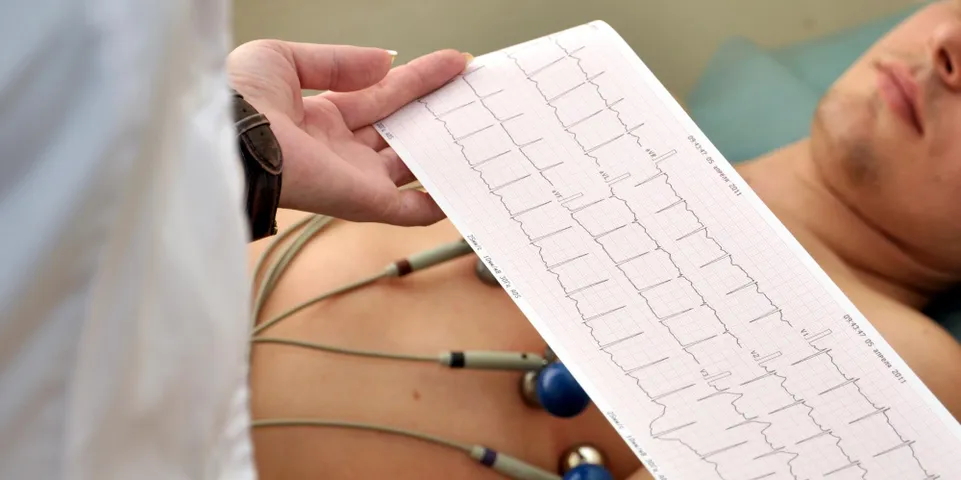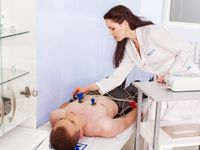
Your heart relies on steady electrical signals to function correctly. When these are interrupted, complications can occur. To accurately monitor them, technicians will use an electrocardiogram. Whether you’re a patient or considering a career in health care, it’s an important procedure to understand. Below, you’ll find everything you need to know, including what to expect during the procedure.
Your Guide to Electrocardiograms
What Are They?
An electrocardiogram (ECGs) is a non-invasive diagnostic service in which a series of electrodes record the electrical activity of the heart. They’re often prescribed by a cardiologist and can provide highly accurate results in just a few minutes. They’re used in private practices, as well as emergency rooms, operating rooms, and ambulances.
Who Are They Used for?
 An ECG is used to detect signs of potential heart complications, such as heart attack, structural issues with the heart’s chambers, or blockages in the arteries. A cardiologist may also use them to monitor the efficacy of a pacemaker or how well treatments for heart disease are working. If you’ve had a heart attack, they may also be used to monitor recovery.
An ECG is used to detect signs of potential heart complications, such as heart attack, structural issues with the heart’s chambers, or blockages in the arteries. A cardiologist may also use them to monitor the efficacy of a pacemaker or how well treatments for heart disease are working. If you’ve had a heart attack, they may also be used to monitor recovery.
Common symptoms a cardiologist may recommend an ECG for include:
- Shortness of breath
- Chest pain
- Rapid pulse
- Dizziness or lightheadedness
- Confusion
- Heart palpitations
- Chronic fatigue
If you experience any of these, let your primary care physician or specialist know right away.
What’s the Procedure Like?
ECGs are completely painless. A technician will apply electrodes to the chest either in an office or on a portable Holter monitor. They’ll then record electrical activity in the heart. Holter monitors are worn for 24 to 48 hours; patients can go about their regular day while wearing them. Event monitors are also an option; a small monitor is attached to the chest. Any time a patient experiences symptoms, they press the monitor to record the activity. If you experience symptoms during exercise, the doctor may have you use a treadmill or stationary bike to get your heart rate up.
If you’re interested in becoming an ECG technician or pursuing another career in health care, Big Apple Training offers comprehensive training programs. Located in White Plains, NY, they’ve helped students enter the field as medical assistants, CNAs, pharmacy technicians, and more. They make real-world training a priority. Explore their programs on their website. Call (914) 437-7373 to speak with their admissions office about starting a career in health care and connect on Facebook for news and updates.
